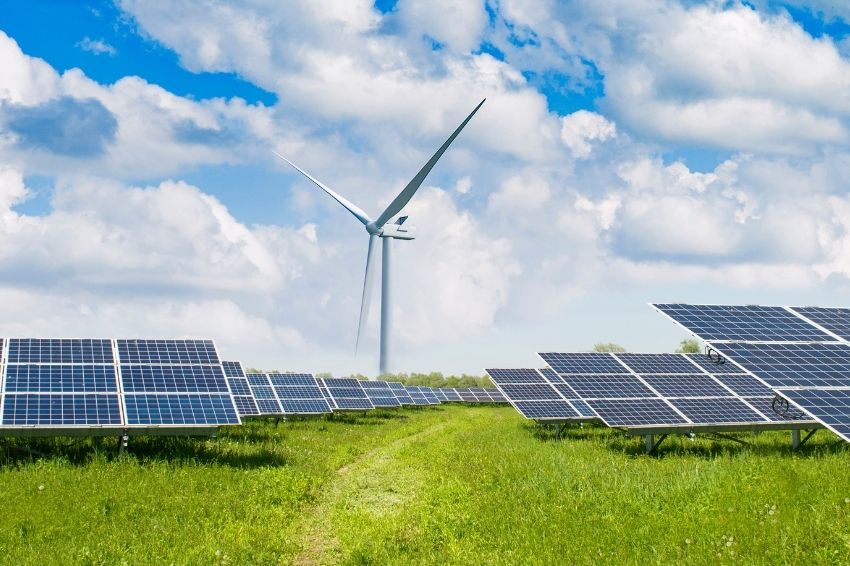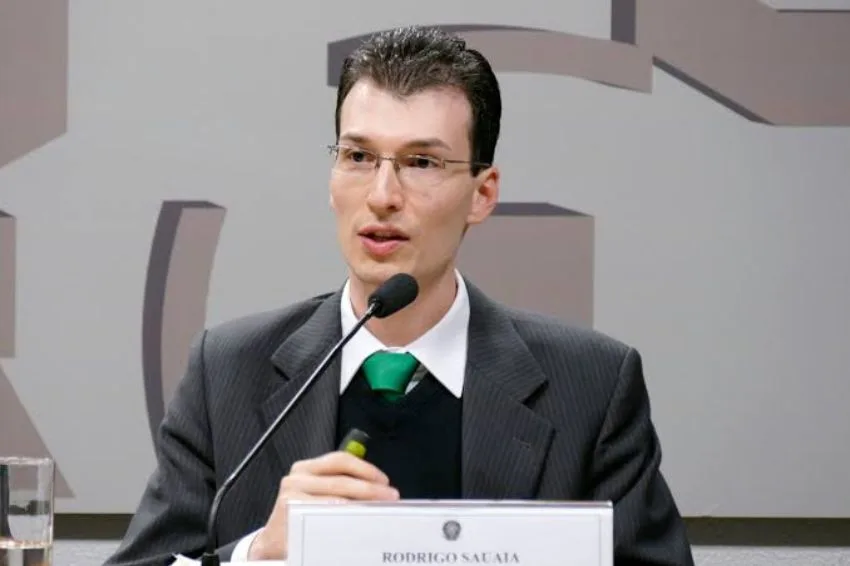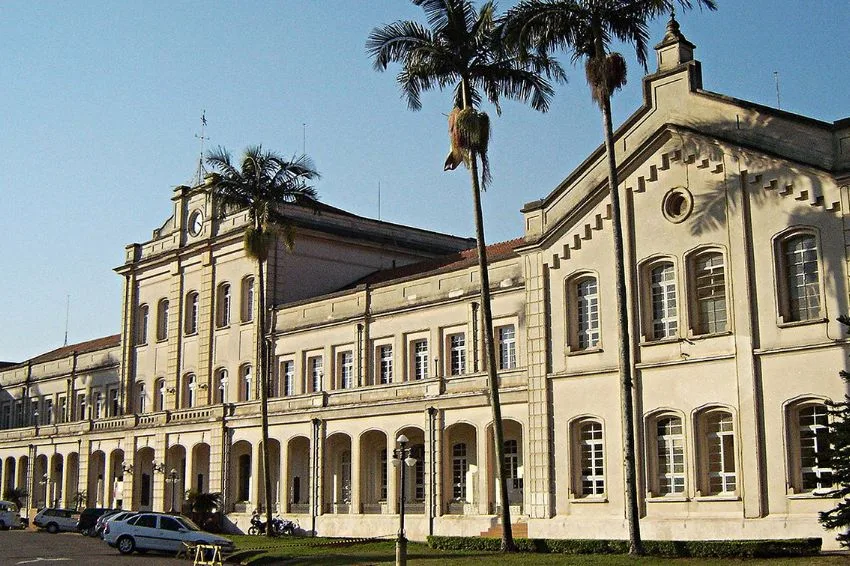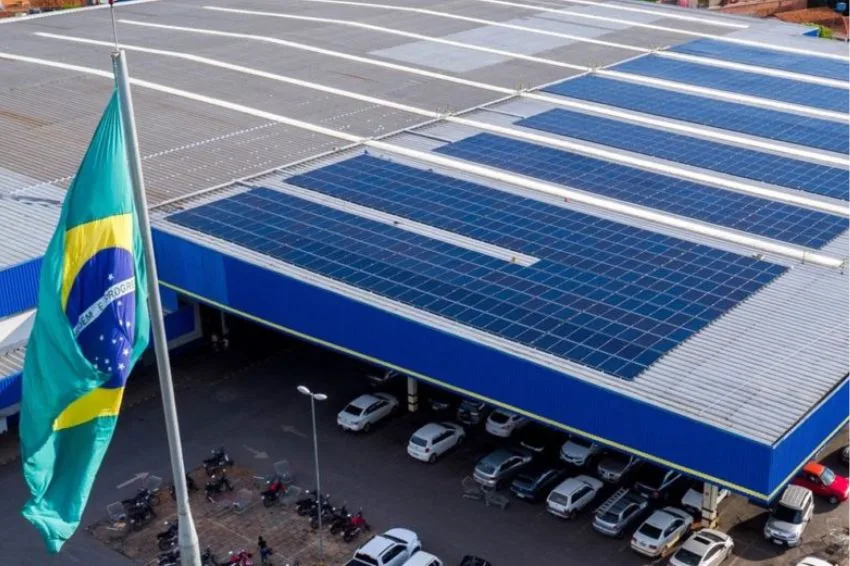The government of Espírito Santo (ES), through the Development Secretariat, announced, during the second episode of ABSOLAR Inside by Intersolar, that it will launch a renewable energy generation program, GERAR, in the coming days.
According to the announcement, the project will work on some areas of action, such as regulation, reducing bureaucracy, tax incentives and access to the network, to allow all procedures carried out with concessionaires to be simplified, whether in terms of financing or regional development.
“In addition to encouraging renewables, contributing to the reduction of greenhouse gas emissions, this initiative will make it possible to have lines of credit so that we can obtain more companies in Espírito Santo working in this area and making a contribution to the energy matrix”, said Renato Casagrande , State governor.
Marcos Kneip, Secretary of Development, also highlighted that GERAR is being implemented so that investors can come to the State and apply safely, quickly and in an unbureaucratic environment.
“Espirito Santo’s vocation is photovoltaic generation, since we have a very important solar incidence for those who invest in DG (distributed generation). We also have an extremely competitive and healthy environment for all those who want to invest”, added Kneip.
Partnership with ABSOLAR
The project was carried out in partnership with ABSOLAR (Brazilian Photovoltaic Solar Energy Association), who helped in the construction process of the main axes. “The goal is to triple investments in solar in ES. If we succeed, we will reach the first billion reais in contributions in the State”, pointed out Rodrigo Sauaia, CEO of ABSOLAR.
“After launching the program, our work has to increase so that we can get companies to participate in this sustainable development. In other words, that they come to Espírito Santo, open businesses, create jobs and make projects viable. And ABSOLAR will help catalyze this process”, explained the executive.
According to Sauaia, an example of a project to be followed is Goiás Solar, created in February 2017, in partnership with ABSOLAR, which aims to address the emerging issue of microgeneration and distributed minigeneration from renewable sources, in particular photovoltaics, enabling the attraction and promotion of enterprises.
“At the end of 2017, we took stock to see how progress was made with the use of this technology. At the time, the state [of Goiás] was in 14th place in the national GD ranking. Now, he is in sixth. Therefore, it means that, in addition to gaining positions, it attracted very representative investments in the photovoltaic area, generating quality jobs for the population”, he commented.
“Currently, Espírito Santo is 16th in the ranking of states. It is a position more or less equivalent to what Goiás had. The State of ES has historically been very dependent, from an energy point of view, on fossil resources, but has been investing and having a new vision for solar and renewable sources. So, this is an opportunity to explore a new market full of potential customers using this technology”, concluded the expert.
Solar energy in Espírito Santo
According to data from ABSOLAR, the state of Espírito Santo has 71.9 MW of installed power in solar DG. In total, there are 5,335 small photovoltaic generation systems, which supply 6,296 consumer units.
“When we think about contributions, there are more than R$ 350 million that have already been invested by entrepreneurs in the sector and by consumers in Espírito Santo, generating more than 2,150 jobs for Brazilians to open up new opportunities in this difficult time of pandemic that we are experiencing”, said Rodrigo Sauaia.
“It is also worth saying that the Public Authorities had important economic benefits from solar. This includes more than R$ 95 billion in fundraising resources that will be distributed between the Federal, State and Municipal Government, helping to rebuild public funds after a year in which the Government had to spend a lot on health and financial support for the population”, reported .
















